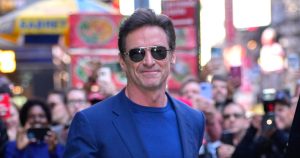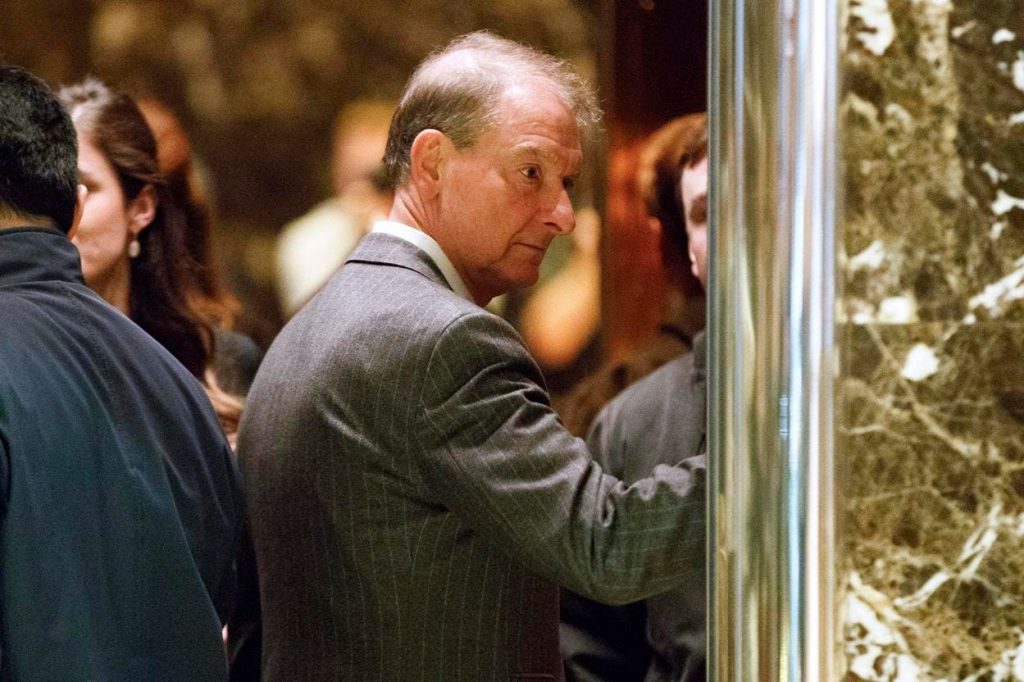In a sweeping announcement of appointments as he prepares for his upcoming administration, President-elect Donald Trump has selected a mix of familiar faces and new personalities for key positions in his Cabinet and White House staff. Among the notable appointments are Peter Navarro as Senior Counselor for Trade and Manufacturing, Paul Atkins as SEC Commissioner, and former Rep. Billy Long, R-Mo., as the Internal Revenue Service’s commissioner. With these selections, Trump aims to put in place individuals aligned with his agenda of deregulation, economic growth, and a strong national defense. Even though the appointments reflect conservative priorities, some choices have already sparked controversy and speculation regarding their qualifications and the implications of their previous actions.
Trump’s Cabinet composition appears to be strategically crafted to cover a broad spectrum of federal governance—from handling the economy and human services to managing national security and foreign relations. Former Georgia Senator Kelly Loeffler has been selected to lead the Small Business Administration, a position that will require her to oversee extensive lending and aid programs for enterprises nationwide. The appointment of Paul Atkins, a former SEC commissioner favorable toward digital assets, suggests a potential pivot toward embracing innovation in financial markets. Additionally, Trump’s choice of Robert F. Kennedy Jr. for Health and Human Services signals a willingness to challenge conventional public health thinking, which comes with its set of criticisms and is indicative of Trump’s heterodox approach to governance.
Adding to the eclectic mix, Trump has chosen notable figures like Monica Crowley for Assistant Secretary of State and Jared Isaacman to lead NASA, highlighting a blend of experience in public policy and private sector achievements. Isaacman, known for his ventures in aerospace and payment processing, underscores Trump’s focus on technological advancement and innovation. Meanwhile, the appointment of David Warrington as White House Counsel, who represented Trump during the Jan. 6 committee investigation, reveals the previous president’s continued legal entanglements influencing his choices and priorities for legal staff. This reinforces the narrative that Trump’s administration will potentially focus on surrounding himself with loyalists capable of navigating and deflecting challenges from ongoing investigations and litigation.
Some key roles in Trump’s administration remain particularly contentious, especially with ongoing discussions surrounding Defense Secretary nominee Pete Hegseth and his controversies involving allegations of misconduct, hinting at the struggles Trump may face during the confirmation process. Moreover, the selection of individuals with polarizing backgrounds—like Kash Patel for FBI Director and Robert F. Kennedy Jr. for HHS—shows Trump’s intent to disrupt the status quo and challenge entrenched bureaucratic narratives. This signals a willingness to push aggressive reforms that align with his populist brand, but raises questions about how effective these individuals will be in their roles amid the various investigations and public scrutiny they face.
The selections also emphasize Trump’s relationships within the business world, as seen in his appointments of figures with corporate ties, such as Howard Lutnick for Commerce Secretary and Scott Bessent for Treasury Secretary. Both have backgrounds that align with Trump’s populist economic agenda focused on deregulation and trade protectionism. Trump’s decision to create the Department of Government Efficiency under the oversight of Elon Musk and Vivek Ramaswamy also illustrates an intriguing intersection of tech, business, and government. By empowering these business magnates within an administrative context, Trump signals that his administration will prioritize efficiency and pragmatic solutions, potentially challenging traditional governmental norms.
Finally, Trump’s anticipated appointments reflect a calculated effort to encompass a blend of right-wing populism, economic pragmatism, and a focus on deregulation as he outlines his agenda for a second term. Press Secretary Karoline Leavitt, a young voice in the party, embodies the generational change Trump is seeking within the GOP while maintaining loyalty to his core mission. Overall, Trump’s choices display an intention to create a Cabinet that is not only ready to confront challenges head-on but reflects a dedication to a brand of governance that often rejects prevailing mainstream views.










